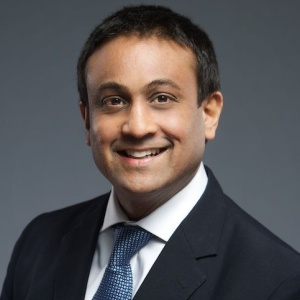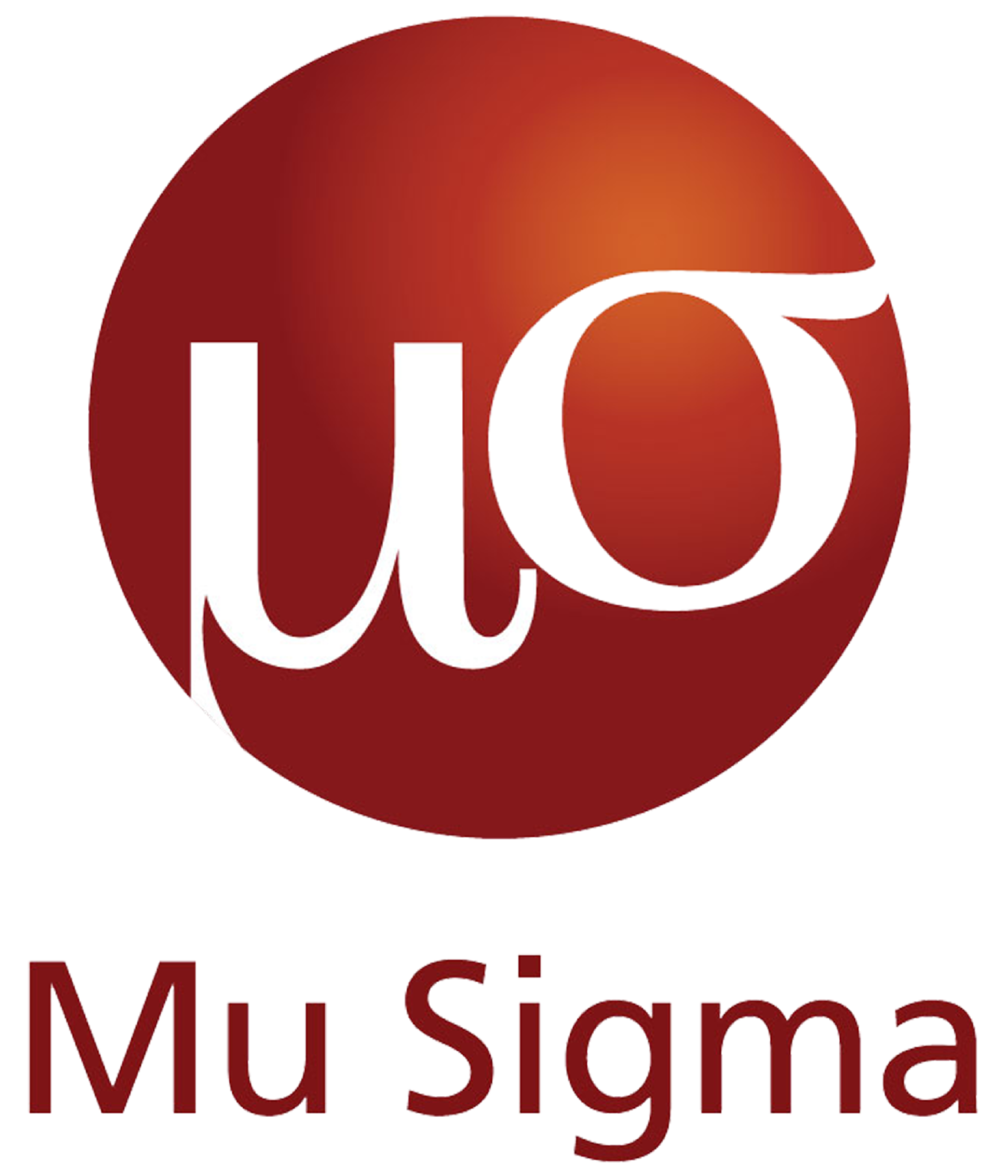Join the many companies that staff their roles with our system administrators
Our system administrators are ready to be hired
Rachel T.
- Denver, CO
- 3 years of experience
Reduced system downtime by 75% through implementation of proactive monitoring and maintenance procedures.
Managed a network of 500+ devices across 3 office locations, maintaining 99.99% uptime.
Implemented and maintained robust backup and disaster recovery solutions, ensuring business continuity in critical situations.
Recent Project
Rachel led a company-wide migration to a hybrid cloud infrastructure, moving 60% of on-premises services to AWS and Azure. She designed the new architecture to optimize cost and performance, resulting in a 30% reduction in IT infrastructure expenses. The project also improved scalability and disaster recovery capabilities, reducing recovery time objectives (RTO) from 24 hours to 2 hours.
Marcus L.
- Atlanta, GA
- 2 years of experience
Automated 70% of routine system administration tasks, increasing team efficiency by 40%.
Reduced security incidents by 85% through implementation of advanced threat detection and prevention systems.
Developed and maintained comprehensive documentation for all IT systems and processes, facilitating knowledge transfer and reducing onboarding time for new team members.
Recent Project
Marcus spearheaded the implementation of a zero-trust security model across the organization’s IT infrastructure. He redesigned the network architecture, implemented multi-factor authentication for all users, and deployed advanced endpoint protection solutions. This project significantly enhanced the company’s security posture, reducing the risk of data breaches and improving compliance with industry regulations.
Alicia R.
- Seattle, WA
- 10 years of experience
Managed a $2 million IT budget, optimizing resource allocation and achieving a 15% cost reduction year-over-year.
Increased system performance by 60% through hardware upgrades and software optimizations, supporting a user base of 1000+ employees.
Led cross-functional teams in the successful implementation of new IT initiatives, ensuring alignment with business objectives and user needs.
Recent Project
Alicia oversaw the deployment of a company-wide VoIP system, replacing the outdated traditional phone system. She coordinated with vendors, managed the installation of new hardware, and trained staff on the new system. The project resulted in a 40% reduction in telecommunication costs and significantly improved collaboration capabilities for remote and distributed teams.
Jamal K.
- Austin, TX
- 1 years of experience
Reduced average ticket resolution time from 48 hours to 6 hours through implementation of ITIL best practices and improved service desk processes.
Managed successful migration of 200+ virtual machines to a new hypervisor platform with zero data loss and minimal downtime.
Implemented a comprehensive IT asset management system, improving tracking and lifecycle management of all hardware and software assets.
Recent Project
Jamal led the design and implementation of a new data center for the company. He oversaw the selection and installation of new server and network equipment, implemented advanced cooling and power management systems, and ensured compliance with industry standards. The new data center increased the company’s computing capacity by 200% while improving energy efficiency by 30%.
Sophia M.
- Chicago, IL
- 1 years of experience
Achieved 99.999% uptime for critical systems through implementation of high-availability clustering and load balancing solutions.
Reduced software licensing costs by 25% through optimization of license usage and negotiation of vendor contracts.
Developed and conducted regular security awareness training for all employees, significantly reducing the incidence of phishing and social engineering attacks.
Recent Project
Sophia orchestrated a large-scale Windows Server upgrade project, migrating 50 servers from Windows Server 2012 R2 to Windows Server 2019. She planned and executed the upgrades with minimal disruption to business operations, implementing new features like enhanced security protocols and improved virtualization capabilities. The project resulted in improved system performance, better security, and ensured continued vendor support for critical systems.
Nexus IT Group will quickly staff your technical roles
81%
of our successful candidates are submitted within one week
92%
of our candidates will accept your offer
96%
of our candidates are employed with your firm after 12 months
What our clients have said about working with Nexus IT Group
Our client creates balance between existing investments and cloud-driven innovation with a practical approach that prioritizes results. This particular client tasked our cloud recruiters with a challenging project. Being named Google Cloud Partner of the Year, this recognition required them to increase their Google Cloud Architect and Engineering resources. Google Cloud talent is quite a bit more scarce than AWS and demand more salary, so our cloud recruiters had to get creative with our sourcing strategy. Reach out to learn how we filled 13 Google Cloud professionals for this client.


A 3 year old startup who is transforming insurance buying by providing a digital insurance engine and world-class underwriting capabilities tasked Nexus IT group to identify, vet, and hire a Head of Data Engineering for the data engineering group. Our data scientist recruiters quickly got on this executive level search. Diversity sourcing and hiring was very important for this client so the team focused on diversity sourcing. We ended up sourcing 176 candidates, submitted six candidates and the client ended up hiring one candidate.


Our client creates balance between existing investments and cloud-driven innovation with a practical approach that prioritizes results. This particular client tasked our cloud recruiters with a challenging project. Being named Google Cloud Partner of the Year, this recognition required them to increase their Google Cloud Architect and Engineering resources. Google Cloud talent is quite a bit more scarce than AWS and demand more salary, so our cloud recruiters had to get creative with our sourcing strategy. Reach out to learn how we filled 13 Google Cloud professionals for this client.


Our client creates balance between existing investments and cloud-driven innovation with a practical approach that prioritizes results. This particular client tasked our cloud recruiters with a challenging project. Being named Google Cloud Partner of the Year, this recognition required them to increase their Google Cloud Architect and Engineering resources. Google Cloud talent is quite a bit more scarce than AWS and demand more salary, so our cloud recruiters had to get creative with our sourcing strategy. Reach out to learn how we filled 13 Google Cloud professionals for this client.
Frequently asked questions about hiring your next system administrator
A System Administrator is responsible for the maintenance, configuration, and reliable operation of computer systems and servers. Key responsibilities include installing and upgrading software, managing user accounts, ensuring system security, performing backups, troubleshooting issues, and monitoring system performance. They also often manage network infrastructure and implement IT policies and procedures.
Key technical skills include proficiency in operating systems (Windows Server, Linux), networking protocols, virtualization technologies (VMware, Hyper-V), cloud platforms (AWS, Azure, Google Cloud), scripting languages (PowerShell, Python, Bash), and database management. Knowledge of security best practices, backup and recovery procedures, and IT service management frameworks like ITIL is also valuable.
Cloud computing experience is increasingly important as many organizations are moving towards hybrid or fully cloud-based infrastructures. A System Administrator should be familiar with major cloud platforms, understand cloud architecture principles, and be able to manage and optimize cloud resources. However, the level of cloud expertise needed may vary depending on your organization’s specific IT environment and future plans.
Relevant certifications can include CompTIA A+ and Network+, Microsoft Certified: Azure Administrator Associate, AWS Certified SysOps Administrator, Red Hat Certified System Administrator (RHCSA), Cisco Certified Network Associate (CCNA), and ITIL Foundation. The most valuable certifications will depend on your specific technology stack and requirements.
You can present candidates with real-world scenarios or case studies that involve system issues or outages and ask them to walk you through their troubleshooting process. Look for logical thinking, methodical approaches to problem-solving, and the ability to explain technical concepts clearly. You can also ask about challenging problems they’ve solved in past roles and how they approached them.
Soft skills are crucial for a System Administrator. They often need to communicate complex technical information to non-technical staff, so strong communication skills are essential. Other important soft skills include teamwork, time management, ability to work under pressure, attention to detail, and a customer-service oriented mindset. Look for candidates who can balance technical expertise with these interpersonal skills.
While industry-specific experience can be beneficial, especially in highly regulated sectors like healthcare or finance, it’s not always necessary. More important is a candidate’s ability to quickly learn and adapt to new environments. A strong System Administrator should be able to apply their skills across different industries. However, if your industry has unique compliance requirements or specialized systems, some relevant experience could be advantageous.
Ask candidates about their experience handling critical incidents or major outages. Look for their ability to remain calm under pressure, prioritize tasks effectively, and communicate clearly during crisis situations. You might also inquire about their experience with on-call rotations and how they manage work-life balance in roles that may require occasional off-hours work.
Security is a crucial aspect of a System Administrator’s role. Look for candidates with a strong understanding of security best practices, experience implementing and managing security tools (firewalls, antivirus, intrusion detection systems), and knowledge of compliance requirements relevant to your industry. They should also be able to educate users on security practices and be proactive in identifying and addressing potential vulnerabilities.


